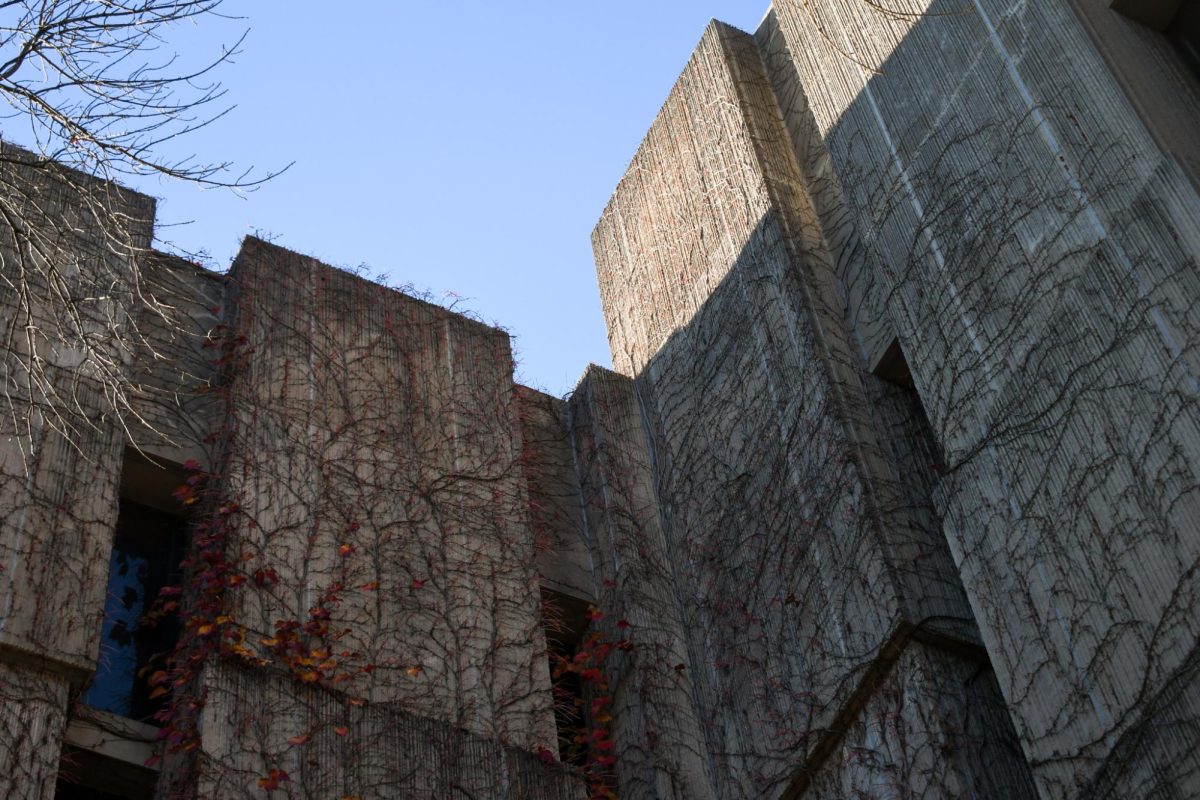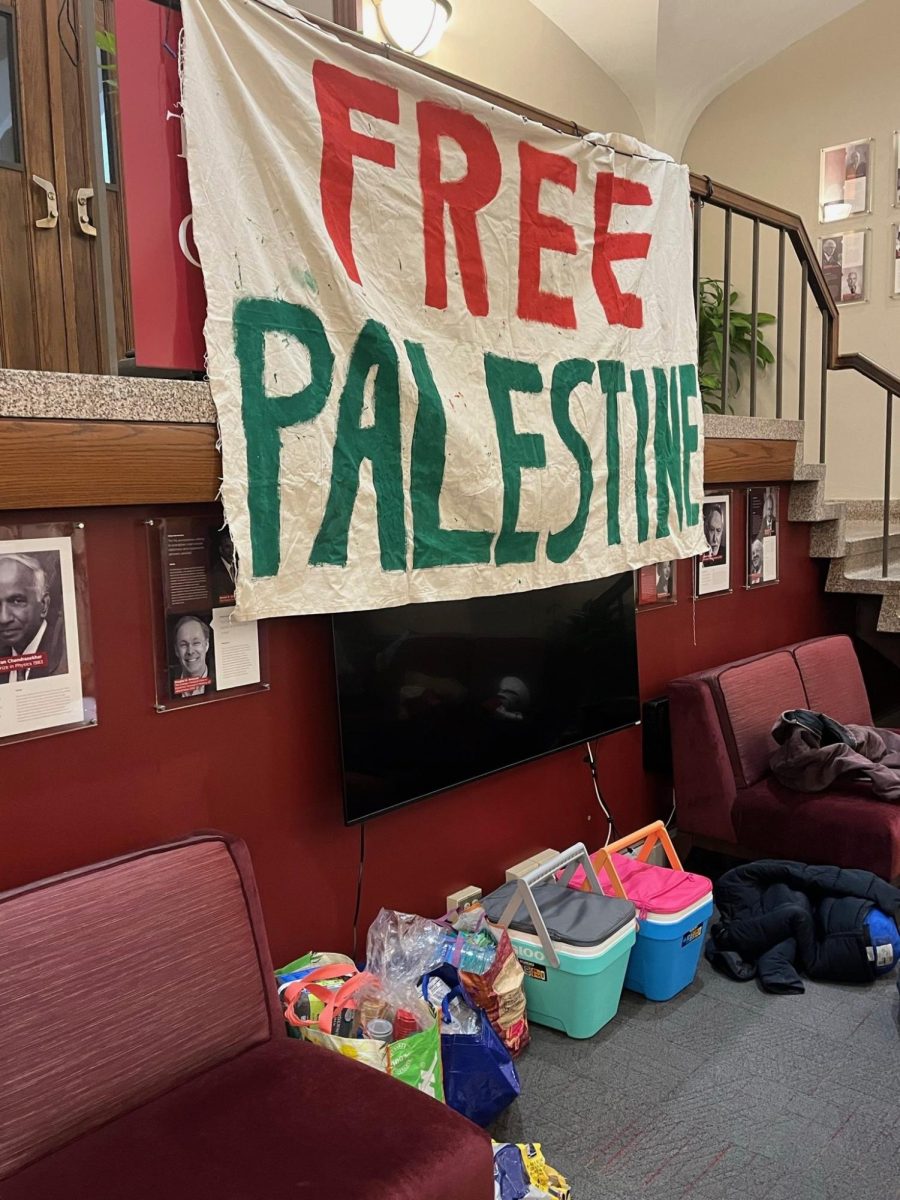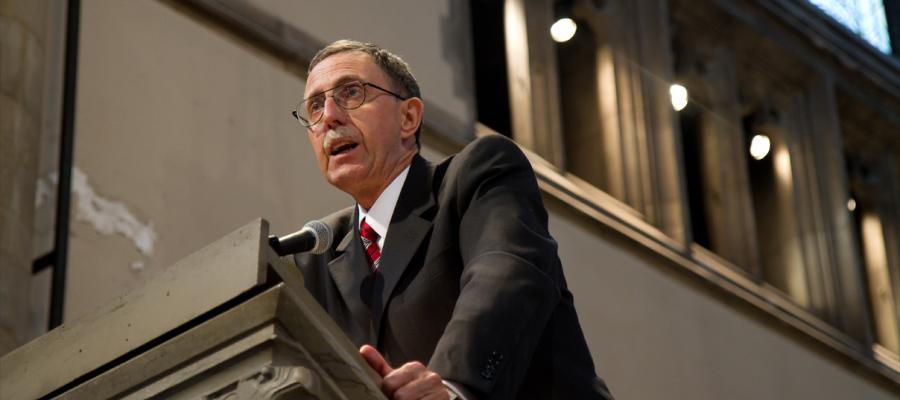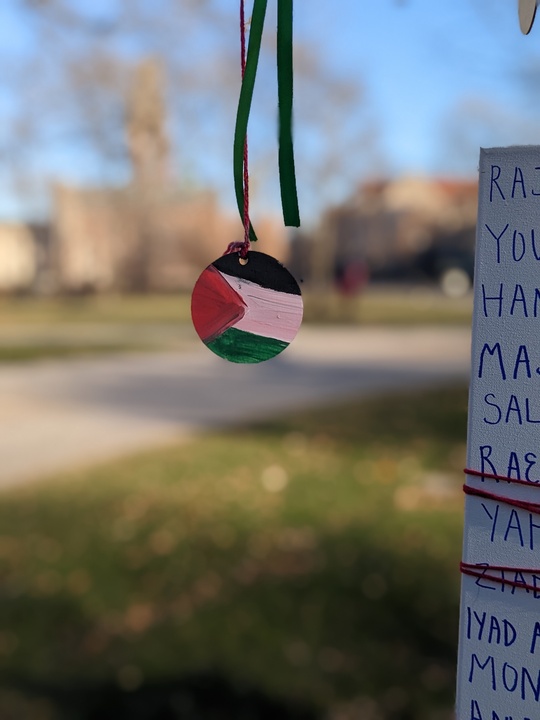I read the recent op-ed about the Committee on Graduate Education (CGE) by my colleague Yali Amit with disappointment. From Amit’s perspective, the CGE (of which I am a member) seems to be simply a function of “the University’s intellectual dishonesty surrounding graduate student unionization” and “feign[ed] sincere concern.” It’s hard to know how to respond in the face of such discrediting tactics, but let me try.
When I was asked to join the CGE, no one asked about my position on unionization. The same was true for other members of the committee, both faculty and graduate students. In my experience, none of the members of the committee view its work as being in specific service to administration goals, but rather in service to the University community as a whole. I think every member of the committee was dismayed by the responses from Daniel Diermeier and Brett Liebsker to the recent letter from Graduate Students United (GSU). We did not appreciate their suggestion that the CGE should be viewed as an alternative to GSU. I think we all felt much the same about Amit’s attempt to reduce us to a red herring served up by the administration to distract from unionization.
Amit criticizes the CGE surveys of graduate students and faculty. I don’t think any member of the CGE would claim that either of those surveys was perfect, and I think we all understand that some of the issues the surveys were trying to get at are not easily quantifiable. Amit specifically criticizes a question from the faculty survey about “unrealistic expectations for what [students] must produce.” Oddly, he collapses two separate questions here, one about faculty expectations, and another about student expectations. Does he really believe there is no point in trying to detect the extent to which students are held back by excessive faculty expectations, or by putting unreasonable pressures on themselves? Amit goes on to criticize the surveys for “proposing uniform solutions to particular issues facing the different graduate programs.” But, of course, the survey responses can be broken down according to division, school, and program, allowing for the possibility of detecting localized issues. And which questions, exactly, did he see as proposing solutions? It is disheartening to see Amit dismiss the surveys (and, even worse, encourage others to do the same) based on such cursory considerations.
The last comprehensive attempt to study doctoral education at the University was the Baker Report in 1982. It is high time for another such study. It is important for the University to periodically assess the general landscape for graduate education, and to think about how to respond to changing conditions. It is important to consider the values and goals that drive graduate education, and to consider how consistent our practices are with them. It is important to understand the factors that derail student progress toward completion of degrees, and toward employment goals after graduation. Those needs exist whether or not the University recognizes the GSU; neither is a function of the other.
This is the first University committee with a charge of such expansive scope that has included graduate students as members. I am not aware of any other university that has carried out an experiment like this. Given those circumstances, I think the project of the CGE is worthwhile: It is an opportunity for a broad discussion of graduate education involving both faculty and graduate students, in which everyone is at the table voluntarily. The window within which this experiment is possible may be relatively brief. It was not possible during the freeze when the University’s appeal to the National Labor Relations Board (NLRB) was active, and it may again cease to be viable in a couple of years, when a new president may be appointing members of the NLRB. It is worth giving the CGE a chance to succeed. It won’t have that chance if it becomes a casualty of polarization over unionization.
The CGE will be holding town halls on November 13 and 14.
—Kevin Corlette, Chair of the Department of Mathematics







